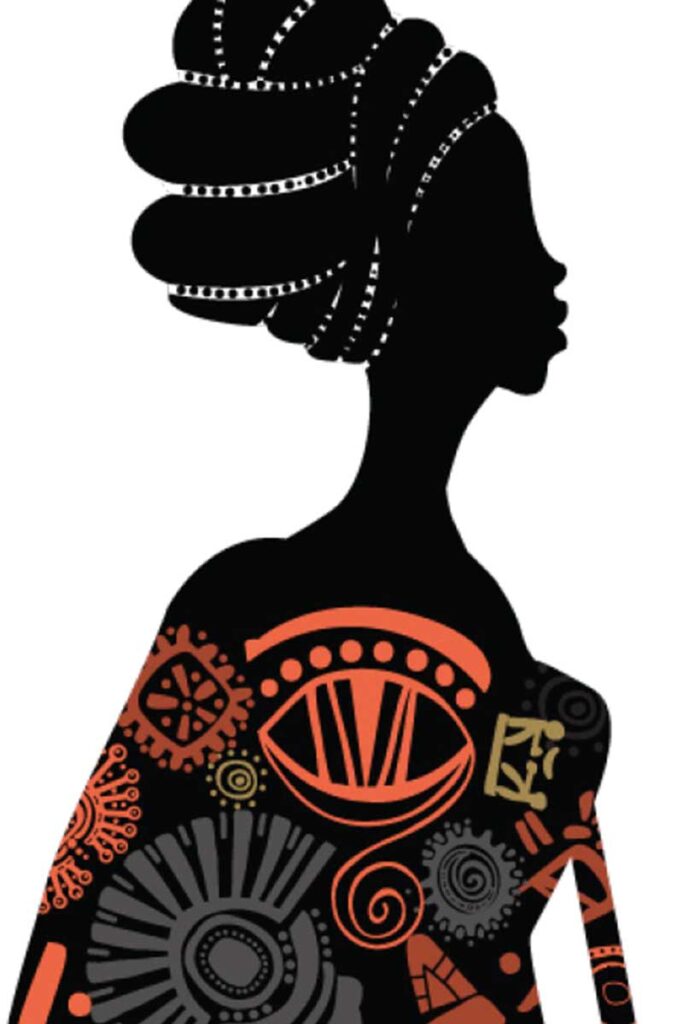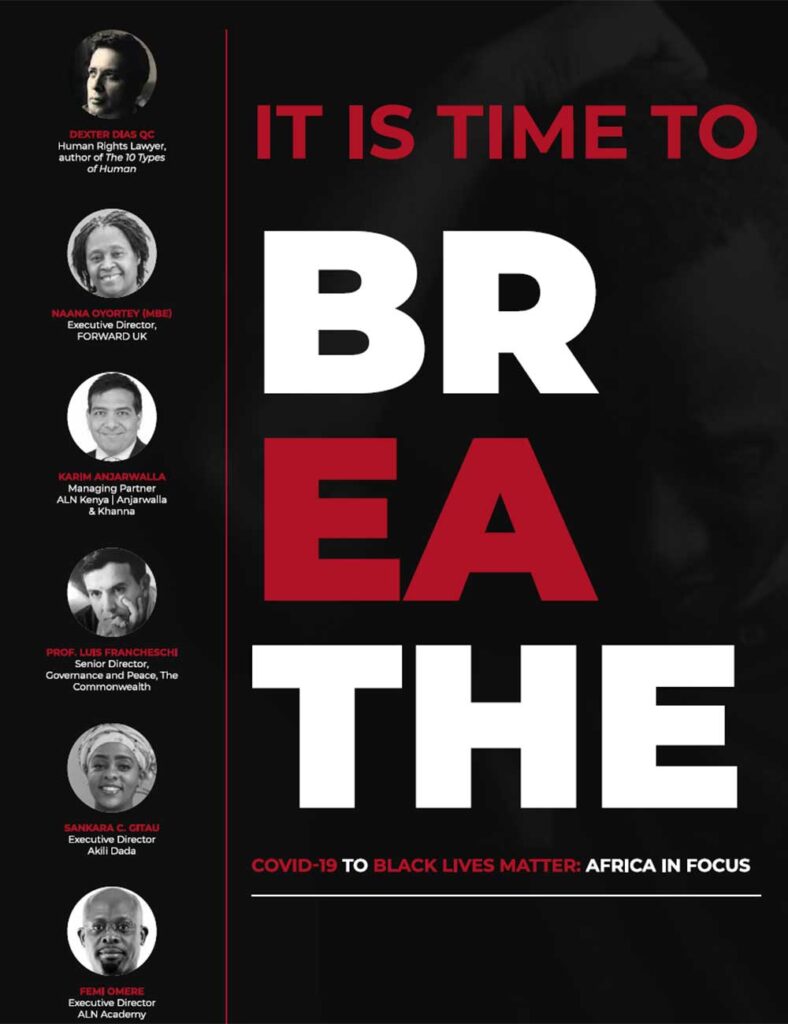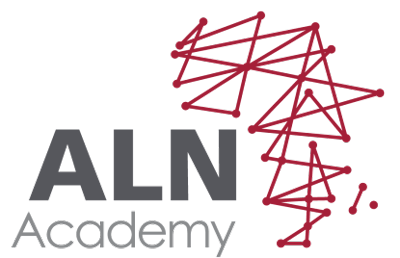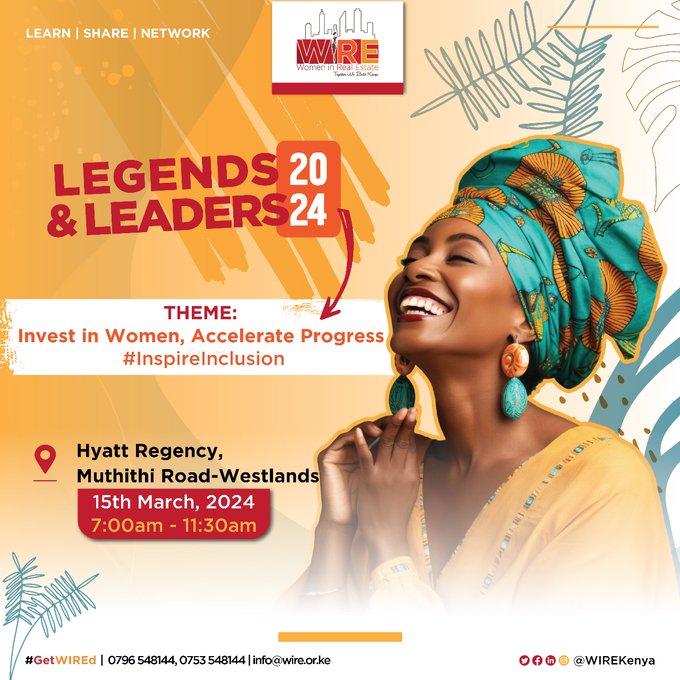The ALN Academy, together with the East Africa Law Society Institute recently signed a Memorandum of Understanding.
We are excited to have signed this MOU which aims to establish a cooperation framework between the East Africa Law Society and the ALN Academy to facilitate the development and implementation of high-quality legal training programmes, targeting senior civil servants, public officials and lawyers in public-private and CSO practices and where appropriate the judiciary.
We will be working together to enhance legal service delivery within the public, private and CSO sectors by establishing and building on existing relationships with African Governments and their relevant ministries and public bodies, by the development of training and capacity building programmes and the development of other key strategic partnerships, particularly in relation to academic institutions and multilateral legal service agencies.
This collaboration shall support the EALS Institute’s and the ALN Academy’s efforts to implement and facilitate initiatives for the growth, advancement, and enhancement of the delivery of legal service excellence across sectors in Africa, catering for the public-private and CSO sectors under this arrangement. These initiatives will be implemented through specially tailored training courses, seminars, trainings delivered by and/or in conjunction with international experts and organisations, providing exposure to international regional and national best practices by leading regulators, online trainings and webinars, staff and stakeholders’ interactions, and any other fora and avenues that shall facilitate the sharing and dissemination of useful training resources and capacity building for legal service professionals.
We will be inviting you to participate in our projects this year which we hope will positively contribute to your career as well as the socio-economic and cultural environments across the continent of Africa.

Challenges to the rule of law
The WJP has expressed concerns over the decline in overall rule of law performance globally during the last 3 years. This downward trend is especially pronounced in the index factor measuring constraints on government powers. Among the Countries in the Sub-Saharan region, Cameroon had the most downward movement in rule of law, which was largely driven by falling scores in order and security and fundamental rights. Notably, Ethiopia marked the biggest improvement in the rule of law index following a %5.6 increase in its score, driven primarily by gains in constraints on government powers and fundamental rights. The apparent decline in rule of law matrices in Sub-Saharan Africa has been attributed to the following factors:
Undermining of judicial independence:
There is concern that judicial independence is being adversely affected due to intimidation and political pressures on the judiciary. The problem in most African states stems from the low level of active implementation of the law rather than the content of the law itself.
Suppression of the media:
Freedom of the media cannot be extricated from the rule of law. The media as the fourth estate has been a cornerstone of democratic societies. It acts as a strong guarantee against abuses of power. Without the freedom of the media, democracies are weakened. Attacks on media freedom in Africa vary in form. Newer tactics include shutting down the internet and social media applications in the name of security .
In 2020, this censorship has occurred in Tanzania, Ethiopia, Zimbabwe, Togo, Burundi, Chad, Mali and Guinea. It is crucial for citizens to have accurate information about what their representatives are doing and for democracy to survive, the media must be free and independent. In 2020, this censorship has occurred in Tanzania, Ethiopia, Zimbabwe, Togo, Burundi, Chad, Mali and Guinea. It is crucial for citizens to have accurate information about what their representatives are doing and for democracy to survive, the media must be free and independent.
Webinar’s Insights
Black Lives Matter – It’s Time to Breathe In one form or another, we have all witnessed realities of racism and discrimination and yet the impact this has on actual lives can be miles apart, maintaining
structurally unjust and inequitable societies. Black Lives Matter cuts across all our continents, and it
existed before George Floyd. It has become important for us as the human race to actively shape our future. Whenever people stand up and speak, it makes an impact. This webinar discussed the impact of COVID19- and Black Lives Matter on Africa and its diaspora. With Africa in the spotlight, the symbolic mantra was the call for women and girls and the whole of Africa to be empowered to breathe again; that the future well-being of the continent required these paths and outcomes to be achieved…, The discussions focused on exploring ways to accelerate change and positive outcomes. Black Lives Matter was considered to be entrenched in the ongoing fight against deep rooted
neo-colonial/imperialist structures, and the social mores they engender that pervade societies globally. It is the dismantling of these artificial yet powerful paradigms that will lead to a more just and equitable world. The webinar emphasised that Black Lives Matter is not a moment, but a
movement; that from an African perspective, decolonising the mind remains a key component to empowering Africa; that the process was not just possible, but underway, with education to play an pivotal role in the same.
Drivers
- Women and the young generation
2. Racism
3. Responses of the African Leadership to COVID19-
4. African Debt cancellation / Management
5. Effects of Technology today
6. Policy creation and engagement



